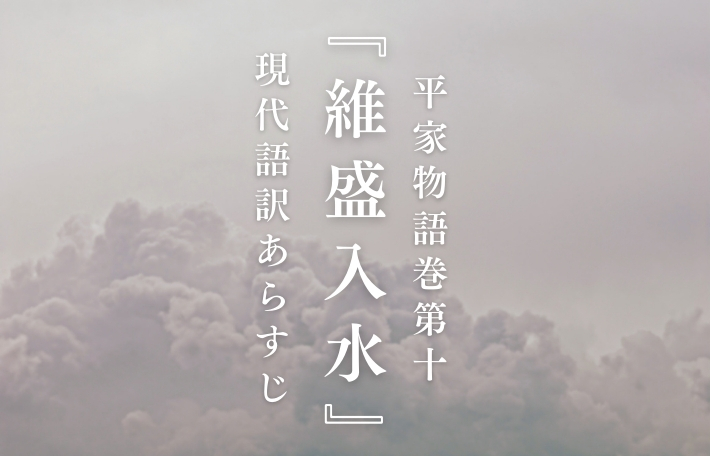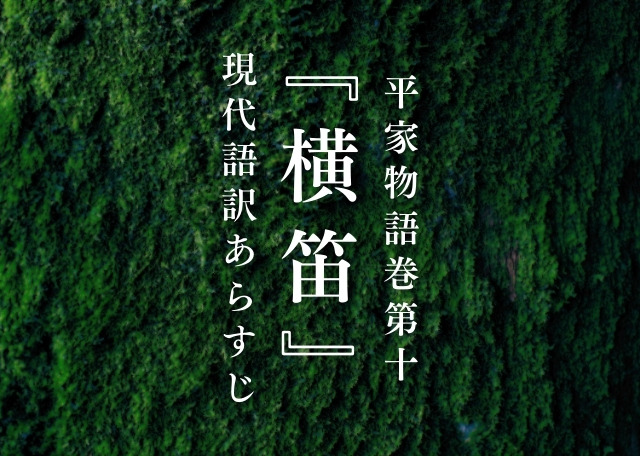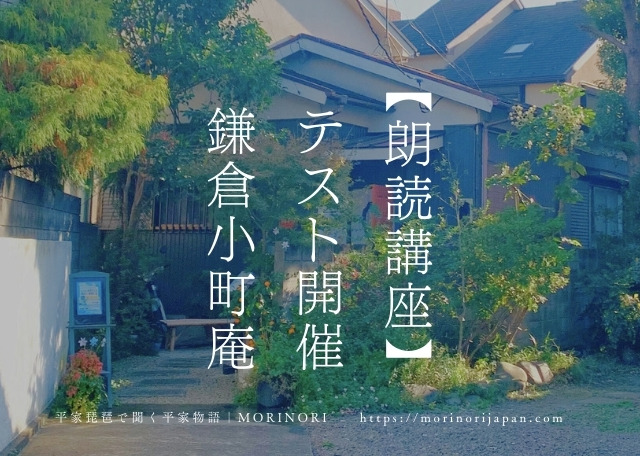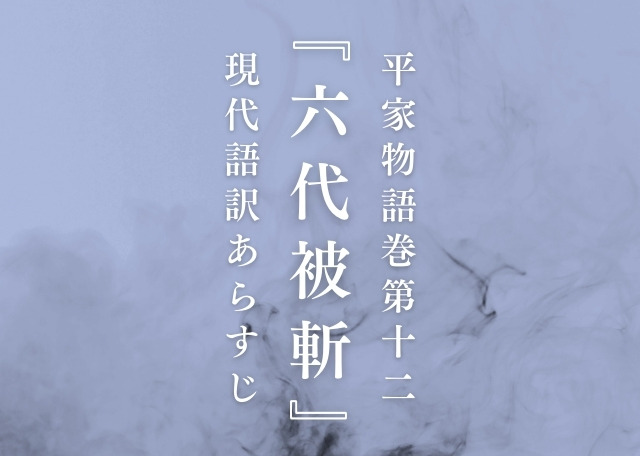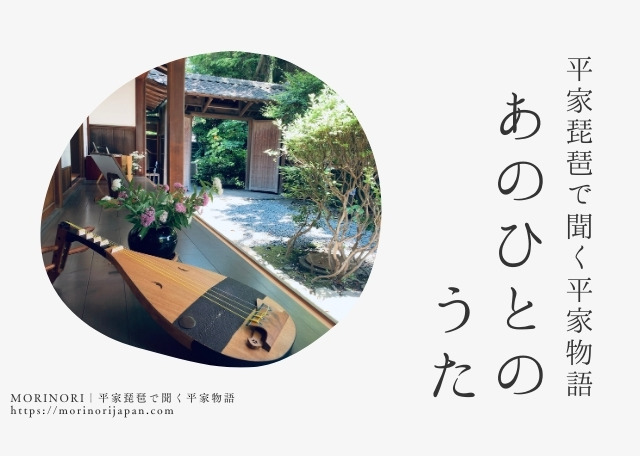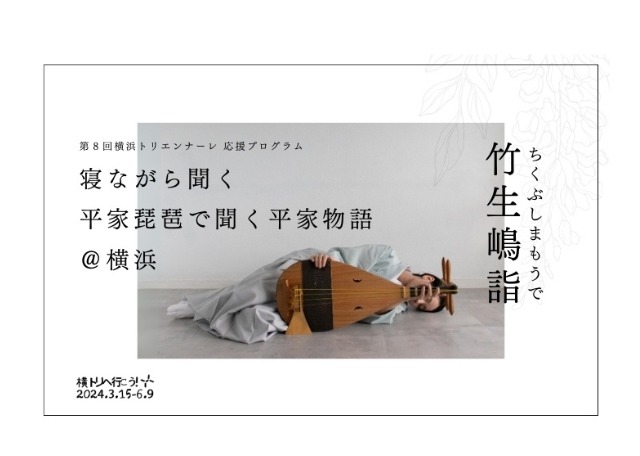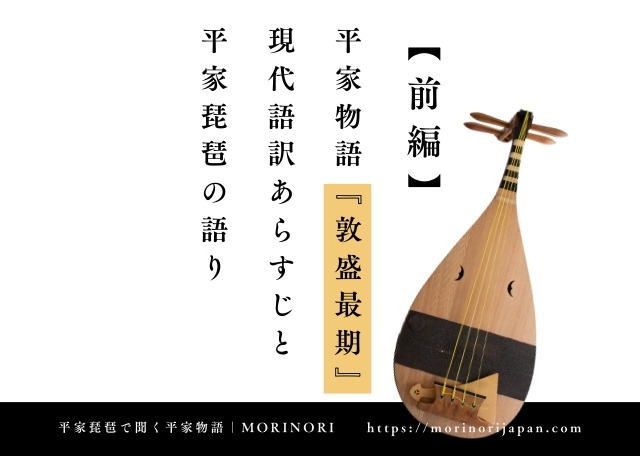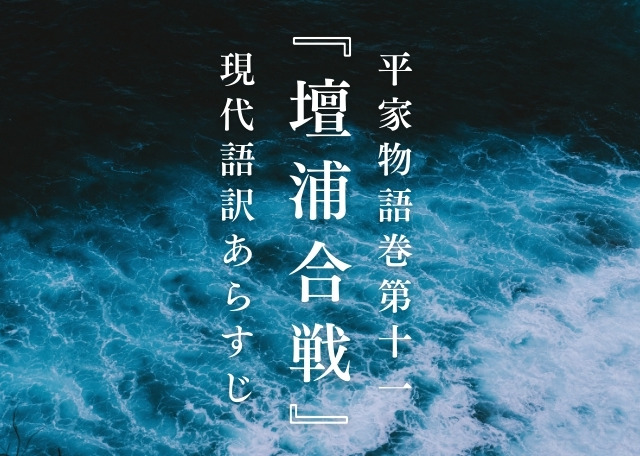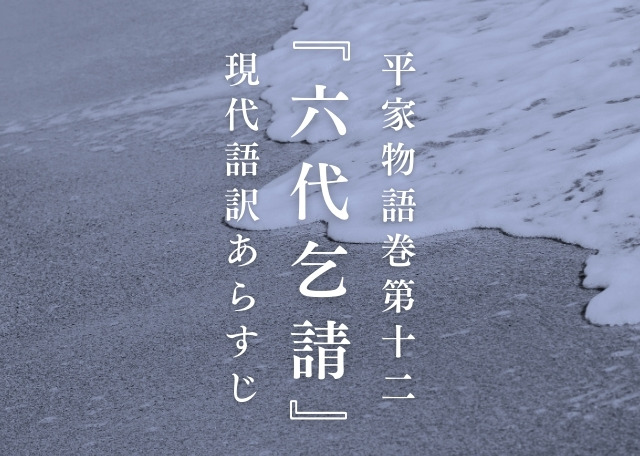Welcome.
This is the website of MORINORI, which holds small Heikyoku (a recitation of the Heike Monogatari accompanied by the Heike biwa) performances and lectures. On this page, we introduce a modern translation of the synopsis of the Heike Monogatari, Volume 10, “Koremorijusui”. It’s still very rough, but please take a look if you like. In addition, we will introduce a small Heikyoku performance, “On the Coast of Nachi: The Tale of the Heike, Listened to in One’s Sleep by Heike Biwa” in the second half of the page.
The Tale of the Heike Listened to by Heike Biwa|About Us
https://morinorijapan.com/about/
▼Please also see▼
Click here for a summary of the modern translation of the Tale of the Heike, Volume 10, “Yokobue”.
https://morinorijapan.com/tale-of-the-heike/yokobue-nachinookinite
A Brief Summary of the Tale of the Heike, Volume 10: “Koremorijusui”
After successfully completing his pilgrimage to the three sacred mountains, Tairano Koremori set sail from Hamanomiya on a single boat into the vast sea. He landed on the island of Yamashirojima and carved the names of his grandfather Taira no Kiyomori, his father Shigemori, and himself Koremori, as well as the date of his suicide, into a pine tree. He then boarded his boat once more and set off into the distance. Although he had made his peace with his fate, as his final hour approached, he felt a sense of loneliness. On the 28th of March, the sea was hazy and the scenery evoked a sense of melancholy. He folded his hands together and chanted the name of Buddha, facing west, and thought, “How will I know that today is the last day in the capital? I must be waiting for news from the wind.”
He stopped chanting the prayer and said, “I shouldn’t have had a wife and children. It’s a shame that they will be a hindrance to my enlightenment in the next life. I repent.” Saint wiped away his tears and encouraged him, saying, “The path of love and affection cannot be severed, whether one is noble or lowly. It is the way of the world that those who live must die and those who meet must part.” He continued, “Yoriyoshi, the ancestor of the Genji clan, also achieved rebirth at the end of his life through a single thought of Bodhi. The merits of becoming a monk are immense, and all the sins and obstacles of one’s previous life are erased. You have no serious sins or bad karma, so you can go to the Pure Land. The deity of this mountain is Amitabha Tathagata, and if you have faith in him, he will surely come to greet you.”

The Tale of the Heike, Volume 10: “Koremorijusui” – Modern Japanese Translation – Full Text Summary
After successfully completing his pilgrimage to the three sacred mountains, he set sail on a small boat from the beach in front of the Prince’s Palace, called Hamanomiya, and floated out into the vast sea. There was a place called Yamanari Island far out to sea, and the middle-aged general rowed his boat up to the island and landed.
“My grandfather, Minister of the Right, Kiyomori, posthumous Buddhist name Jōkai. “My father, Minister of the Left, Shigemori, posthumous Buddhist name Jōren. “My third-rank Minister of the Left, Koremori, posthumous Buddhist name Jōen, age 27, drowned on March 28th, 1184, off the coast of Nachi.” He wrote this down, got back on the boat, and rowed out to sea. Although he had made his decision, as the time of his death drew near, he still felt lonely and sad, and his grief was inexpressible.
It was the 28th of March, and the sea was far away, hazy and evoking a sense of melancholy. Even on an ordinary spring day, the evening sky is lonely, but if this is the last time in this life, it feels even more forlorn. The fishing boats in the distance seemed to disappear into the waves, but even so, seeing them not quite sinking, I wonder if I was thinking of my own fate. The geese that were flying back with the group of people, calling out as they pointed to the path ahead, seemed to express a desire to send a message home, and everything was wrapped in a sad feeling, without even reminding me of the resentment that Su Bu had in the Hu Kingdom.
Did he think that his obsessions would never end if he kept thinking about the past and the future? He quickly banished his obsessions and, joining his hands together, chanted the name of Buddha at the top of his voice as he headed west. In his heart, he thought, “How will I know that today is the last day in the capital? I must be waiting for news of the wind.”
He stopped chanting the prayer and said to Seisho, “Oh, I shouldn’t have had a wife and children. It’s a shame that not only am I preoccupied with worldly thoughts in this life, but that it will also hinder my enlightenment in the next life. It’s too sinful to keep these thoughts in my heart, so I will repent.”
The saint felt sorry for him, but he must not have allowed his own heart to become weak, so he wiped away his tears and behaved calmly, saying, “The path of love and affection is something that cannot be easily severed, whether between noble or lowly people. In particular, the relationship between a married couple is said to be ‘the karmic destiny of five hundred lifetimes, even if it is only for a single night under the same pillow’, so the bond between them in a previous life was not a shallow one. It is the way of the world that those who live must die, and those who meet must part. Just as dew disappears, so too does human life come to an end. Whether the time of parting comes sooner or later, those who are left behind and those who go before eventually part ways.
Even the promise made on a fall evening at the palace of Mount Luo in the end became the cause of breaking hearts, and the kindness shown to me while I was alive in the Palace of Sweet Springs was not infinite. Just as Matsuko and Umeo held a grudge for the rest of their lives, even those who have attained the ten stages of enlightenment still follow the laws of birth and death. Even if you pride yourself on the pleasures of a long life, this grudge will never go away. Even if you have a hundred years to live, please consider that this separation is inevitable.

The evil demon known as the Sixth Heaven King takes possession of the six heavens of the desire realm as his own, and in particular, he is reluctant for the sentient beings of this world to leave life and death, and at times he becomes their wife and at other times their husband in order to prevent them from doing so. However, the Buddhas of the three periods of time think of all sentient beings as their own children, and they try to guide them to the land of Sukhavati, the Pure Land of Ultimate Bliss. For this reason, the Buddha has strictly warned against the bonds of life and death that have been repeated since the beginning of time.
Therefore, there is no need to feel weak of heart. When Iyo no Iriki no Yoriyoshi, the ancestor of the Genji clan, attacked the barbarians Sadanari and Munenari in Oshu, as ordered by the Emperor, he beheaded 16,000 people in twelve years, and the number of lives he ended, including those of wild animals in the mountains and rivers and fish in the rivers and seas, is uncountable. However, at the end of his life, he developed a single-minded aspiration for enlightenment, and so was able to fulfill his wish to be reborn in the Pure Land. The merits of becoming a monk are immense, and all the sins and obstacles of one’s previous life are erased.
For example, even if someone were to build a seven-treasure pagoda that reached the height of the thirty-three heavens, it would not compare to the merit of taking monastic vows for one day. It is also said that the merit of making offerings to one hundred arhats over a period of one thousand years would not compare to the merit of taking monastic vows for one day. Even the sinful Yoriyoshi was able to achieve rebirth due to the fierceness of his heart. What’s more, you have no serious sins, so why wouldn’t you go to the Pure Land?
Furthermore, the manifestation of this mountain is the original Amida Tathagata, and from the initial vow to avoid the three evil realms to the final vow to attain the threefold dharma-body, each and every vow is for the sake of saving sentient beings. In particular, the 18th vow states, “If, when I become a Buddha, sentient beings from all directions sincerely believe and wish to be born in my Pure Land, and if they chant the name of the Buddha ten times with that wish, and if there is any of them who does not get reborn, I will not become a Buddha. This is why faith in one thought or ten thoughts is so important.
However, you must believe in this teaching deeply and never doubt it. If you chant it with all your heart, even just once or ten times, Amida Nyorai will shrink his sixty-billion-billion-nayuta-sokushas of bodies to a height of 1.8 shaku, and will come out of the eastern gate of Sukhavati to greet you, surrounded by Avalokitesvara, Mahasthamaprapta, and many other holy beings and buddhas, playing music. Therefore, even if you think you are sinking to the bottom of the sea, you can still rise to the purple clouds.
If you attain enlightenment and become a Buddha, you will be able to return to your home in this world and guide your wife and children. The sutra says, ‘Those who return to the impure world to save others will not have any doubts,’ so the priest rang the bell vigorously and encouraged them to chant the name of Buddha. The general thought to himself, “This is a good teacher (a good Buddhist guide)”, and he put his hands together facing west and chanted the name of Buddha out loud about a hundred times. Then, as he chanted “Namu”, he jumped into the sea. Yosaburo and Ishidoumaru also followed, chanting the name of Buddha as they sank into the sea.
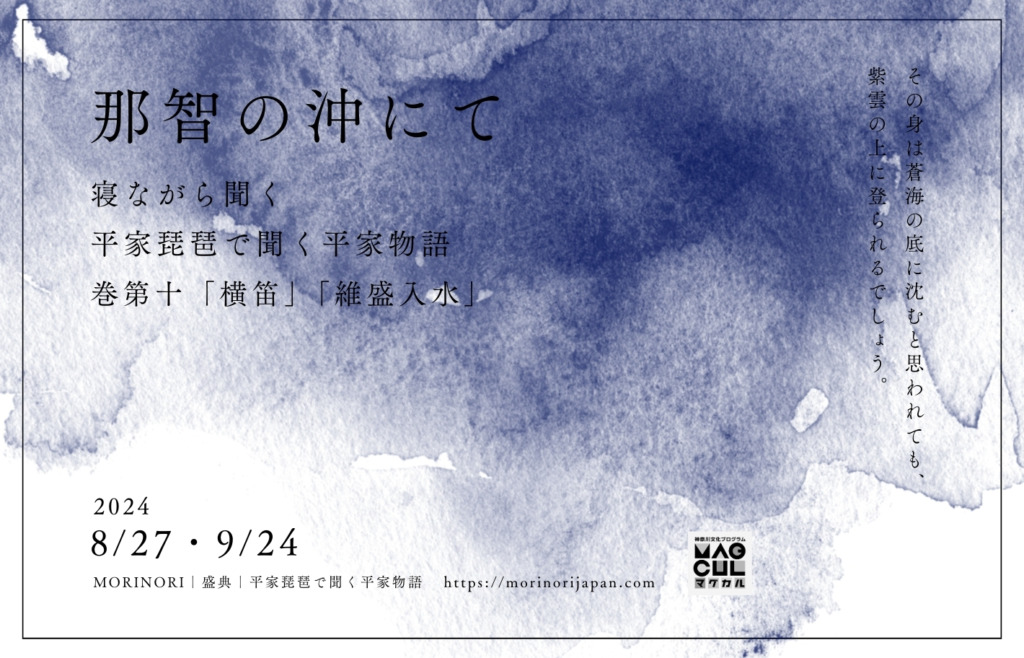
[Off the Coast of Nachi]
The Tale of the Heike, listened to in one’s sleep, Heike biwa
Click here for the feature page.
https://morinorijapan.com/nachinookinite
Thank you for reading this far.
I hope we meet again someday, somewhere.

